Nutrition Tips: Fuelling Your Workouts and Boosting Energy Levels
Achieving fitness goals and maintaining high energy levels requires a combination of regular exercise and a well-balanced diet. For people looking to optimise their nutrition for workouts and overall vitality, this blog will provide valuable tips on diet, sleep, and meal timing. Whether you're aiming for muscle gain, weight loss, or simply improving your overall health, these guidelines will help you make informed choices to support your fitness journey.

Balanced Diet:
We all benefit from a balanced diet that includes a mix of macronutrients – proteins, carbohydrates, and fats – as well as essential vitamins and minerals. Prioritise whole foods such as lean meats, whole grains, fruits, vegetables, and healthy fats. Ensure you're getting an adequate intake of:
Proteins: Essential for muscle repair and growth. Include sources like lean meats, poultry, fish, eggs, dairy, and plant-based proteins like beans and legumes.
Carbohydrates: The body's primary energy source. Choose complex carbs like whole grains, vegetables, and fruits to sustain energy levels throughout the day.
Healthy Fats: Include sources like avocados, nuts, seeds, and olive oil for overall health and hormone regulation.
Low Carb, High Protein Meals:
For people focusing on a low-carb, high-protein approach, consider meals that include:
Lean Proteins: Chicken breast, turkey, fish, eggs, tofu, and legumes.
Healthy Fats: Avocado, nuts, seeds, and olive oil.
Low-Carb Vegetables: Broccoli, spinach, kale, cauliflower, and zucchini.
Striking a balance between macronutrients is essential, so adjust portions based on your specific fitness goals.
Meal Timing:
Pre-Workout Nutrition: Consume a balanced meal with carbohydrates and proteins 2-3 hours before your workout. This can include chicken with sweet potatoes, a whole-grain sandwich, or a protein smoothie with fruits.
Post-Workout Nutrition: Aim to eat a combination of protein and carbohydrates within 30-60 minutes after exercising to support muscle recovery and replenish glycogen stores. Examples include a protein shake with a banana or a chicken and quinoa bowl.
Importance of Sleep:
Quality Sleep: Ensure you get 7-9 hours of quality sleep each night. Quality sleep is crucial for muscle recovery, hormone regulation, and overall well-being.
Consistent Sleep Schedule: Maintain a consistent sleep schedule by going to bed and waking up at the same time every day, even on weekends.
Bedtime Routine: Create a calming bedtime routine to signal to your body that it's time to wind down. This can include activities like reading, gentle stretching, or meditation.
By paying attention to your diet, choosing nutrient-dense foods, and prioritising quality sleep, you can optimise your nutrition for workouts and boost your overall energy levels. Remember, consistency is key, so make these habits a part of your daily routine to support your fitness goals and enhance your overall well-being.





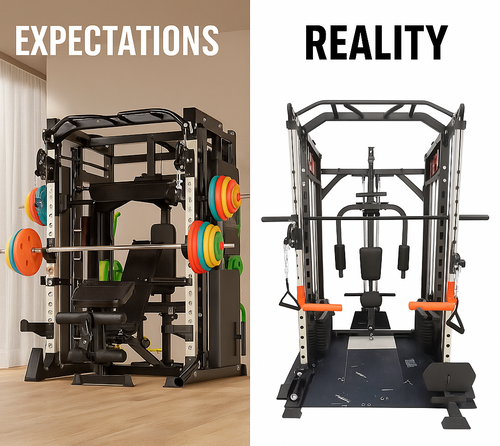




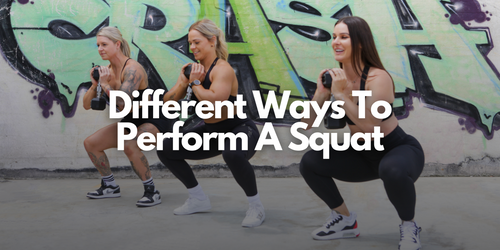

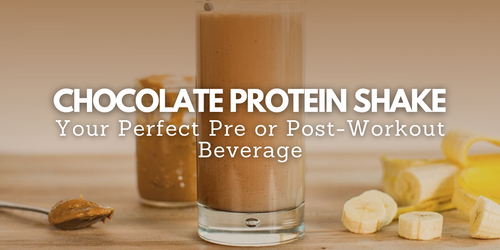







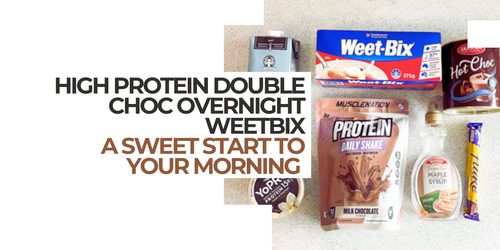



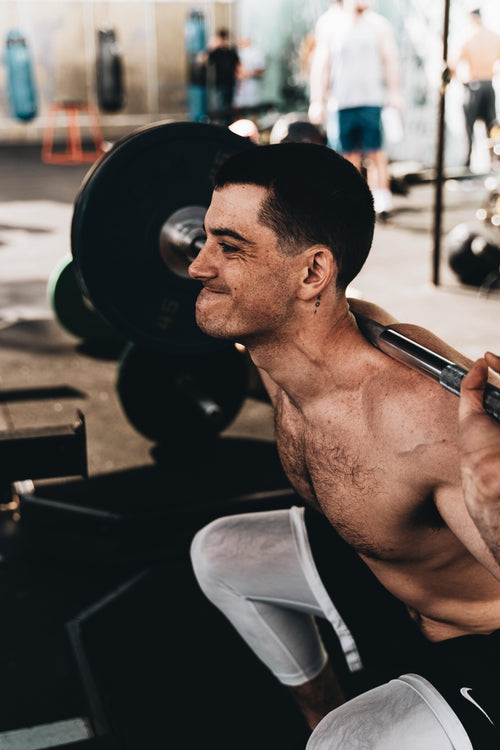



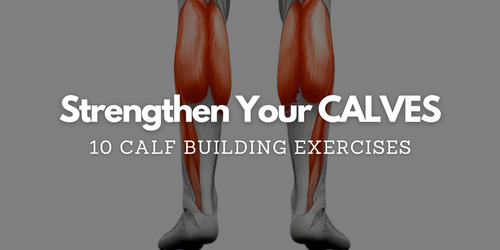
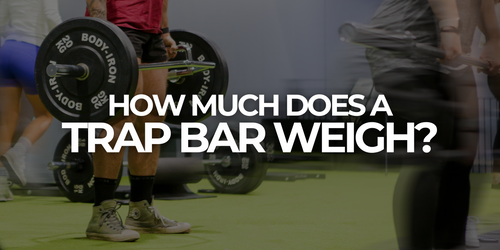
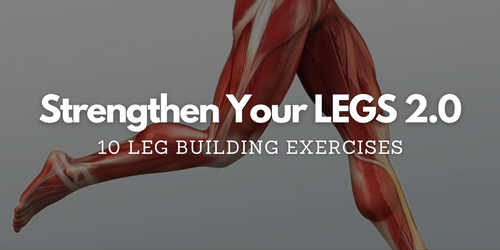
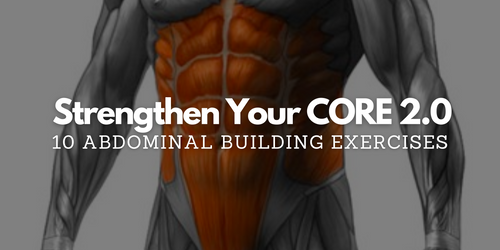




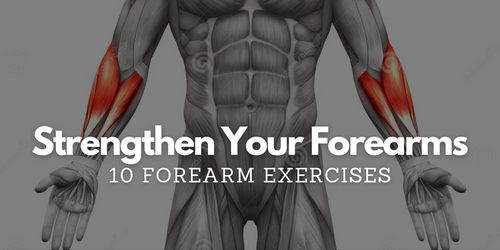

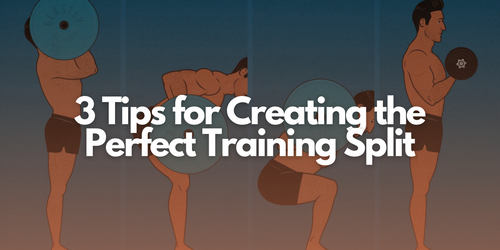





Leave a comment